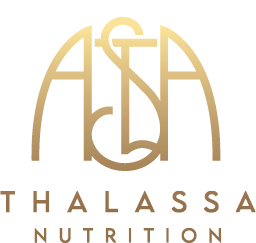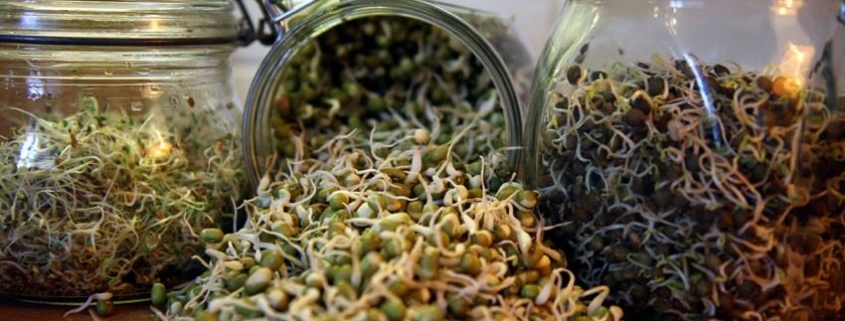Sprouts
Sprouts truly are the best locally-grown food, yet not enough people eat or grow them. Considering their many health and environmental benefits, it’s time to consider adding sprouts to your diet.
10 Reasons To Eat More Sprouts:
1. Experts estimate that there can be up to 100 times more enzymes in sprouts than uncooked fruits and vegetables. Enzymes are special types of proteins that act as catalysts for all your body’s functions. Extracting more vitamins, minerals, amino acids, and essential fatty acids from the foods you eat to ensure that your body has the nutritional building blocks of life to ensure every process works more effectively.
in the beans, nuts, seeds, or grains improves when it is sprouted. Proteins change during the soaking and sprouting process, improving its nutritional value. The amino acid lysine, for example, which is needed to prevent cold sores and to maintain a healthy immune system
3. The fiber content of the beans, nuts, seeds, or grains increases substantially. Fiber is critical to weight loss. It not only binds to fats and toxins in our body to escort them out,
4. Vitamin content increases dramatically. This is especially true of vitamins A, B-complex, C, and E. The
5. Essential fatty acid content increases during
6. During sprouting, minerals bind to
7. Sprouts are the ultimate locally-grown food. When you grow them
8. The energy contained in the seed, grain, nut, or legume is ignited through soaking and sprouting.
9. Sprouts are alkalizing to your body. Many illnesses including cancer have been linked to excess acidity in the body.
10. Sprouts are inexpensive. People frequently use the cost of
Growing your own is a great way to have a supply of gourmet varieties, ensure access to high-quality fresh foods year-round if you live in a colder climate, or simply to become more aware of the food you are eating.
I prefer the jar method which involves using a wide-mouth mason jar and either sprout lids from a health food store or cheesecloth and a rubber band.
You’ll need only a few basic supplies to get started sprouting. They include: organic sprouting seeds, nuts, legumes, or grains (such as mung beans, alfalfa seeds, clover seeds, broccoli seeds, and garbanzo beans.)
Avoid sprouting kidney beans as they are poisonous if eaten raw or sprouted. Make sure the seeds you choose are from a reputable supplier that can guarantee they haven’t been heated during processing, which prevents them from sprouting.
What You’ll Need:
1. Large wide mouth mason jar
2. Sprouting lids for jars (Sprouting lids are typically available in most health food stores but you can use cheesecloth and rubber bands over the top of the jars if you prefer)
Now you’re ready to get sprouting!
For hygiene’s sake, wash your hands before handling seeds.
Remove any broken or discolored seeds, stones, twigs, or hulls that may have found their way into your sprouting seeds.
Place one type of seed in the jar. Use about a teaspoon of seeds
Cover the seeds with pure water. If you are using a few tablespoons of seeds, cover with at least one cup of water. If you are using beans, nuts, or grains, use at least three times the water of the amount of seed. In other words, one cup
Allow the seeds to soak for about 6 to 12 hours. I find it easiest to start them before going to bed. They absorb the water while I’m sleeping and are ready to start sprouting in the morning.
Cover the jar with the sprouting lids or cheesecloth. If you’re using cheesecloth, secure over the top of the jar with a rubber band. Drain off the water.
Rinse thoroughly with fresh water and drain off the water again. Set upside down in a clean, cool spot in your kitchen area,
Rinse the sprouts a few times a day. Be sure to drain them well each time.
Once the sprouts are ready to be harvested (this amount of
HANDY TIP:
To increase the mineral content

 no
no no
no no
no